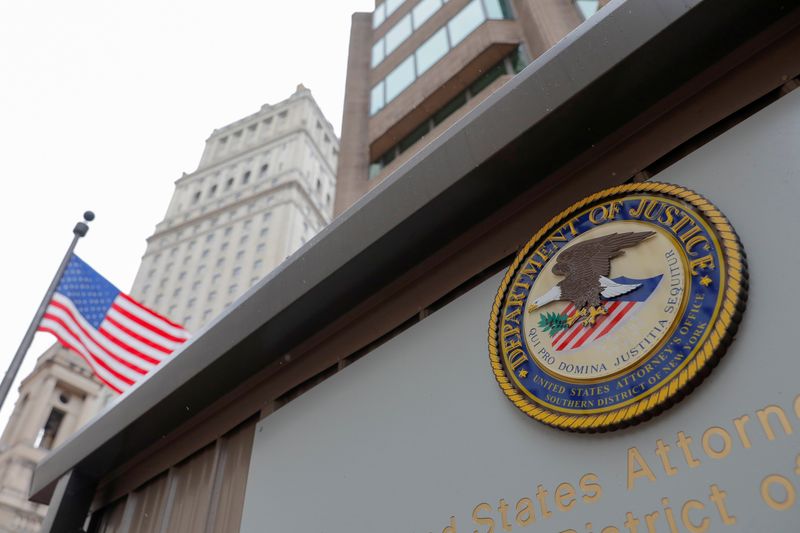WASHINGTON, D.C. — Two former judicial officials face federal criminal charges after allegedly obstructing law enforcement operations and tampering with evidence tied to a Venezuelan national connected to a designated terrorist group, the Justice Department announced Thursday.
Nancy Ann Cano, 68, and Jose Luis Cano, 67, were arrested in New Mexico after authorities linked them to efforts to hide evidence during a federal investigation into Cristhian Ortega-Lopez, an undocumented immigrant accused of illegal firearm possession and alleged ties to Tren de Aragua, a U.S.-designated Foreign Terrorist Organization.
Key Points
- Nancy and Jose Cano allegedly destroyed evidence tied to a federal gang investigation.
- Ortega-Lopez was caught with firearms and suspected of gang affiliations.
- DOJ leaders emphasized the dangers posed by sanctuary policies.
Attorney General Pamela Bondi stressed the severity of the charges, stating, “No one, least of all a judge, should obstruct law enforcement operations.” Deputy Attorney General Todd Blanche criticized sanctuary jurisdictions, saying they “endanger American communities” and vowed federal action against local interference with immigration enforcement.
Investigation reveals social media evidence and gang connections
Court documents show the investigation into Ortega-Lopez began with a tip to Homeland Security Investigations (HSI) about his illegal presence and firearm possession. Subsequent inquiries uncovered photos and videos on social media of Ortega-Lopez handling firearms, including an AR-15 rifle and a Sig Sauer P365 handgun, in Las Cruces, New Mexico.
Further analysis linked Ortega-Lopez to Tren de Aragua, with investigators identifying distinctive tattoos, gang gestures, and clothing in his online posts. The defendant had reportedly entered the United States illegally near Eagle Pass, Texas, in December 2023.
HSI agents executed search warrants in February, arresting Ortega-Lopez and seizing firearms, ammunition, and three of his cellphones. During questioning, Ortega-Lopez mentioned a missing phone, later observed in Nancy Cano’s possession during video calls from detention.
Missing phone and Facebook activity lead to tampering charges
In March, Nancy Cano allegedly used Ortega-Lopez’s missing phone to facilitate unauthorized communication and discussed plans to delete his Facebook account containing incriminating posts. A subsequent search in April at the Cano residence led Jose Cano to admit he had smashed Ortega-Lopez’s missing phone with a hammer weeks earlier to destroy potential evidence.
Forensic examination of the recovered devices confirmed links to Ortega-Lopez’s alleged criminal activity, including images associating him with Tren de Aragua.
Jose Cano now faces one count of tampering with evidence, while Nancy Cano is charged with conspiracy to tamper with evidence. If convicted, each could face up to 20 years in prison, supervised release, and fines of up to $250,000.
Federal prosecutors challenge Ortega-Lopez’s release
Meanwhile, Ortega-Lopez, charged with being an unlawful alien in possession of firearms and ammunition, faces up to 15 years in prison if convicted. Despite concerns raised by prosecutors about his flight risk and gang ties, a magistrate judge ordered his release under certain conditions. The Justice Department has filed an appeal to overturn that decision.
Homeland Security Investigations is leading the probe with assistance from the FBI, ATF, and Customs and Border Protection. Assistant U.S. Attorneys Maria Armijo, Randy Castellano, and Elizabeth Tonkin are prosecuting the cases.
The Justice Department emphasized that actions undermining federal law enforcement will be met with full accountability.
